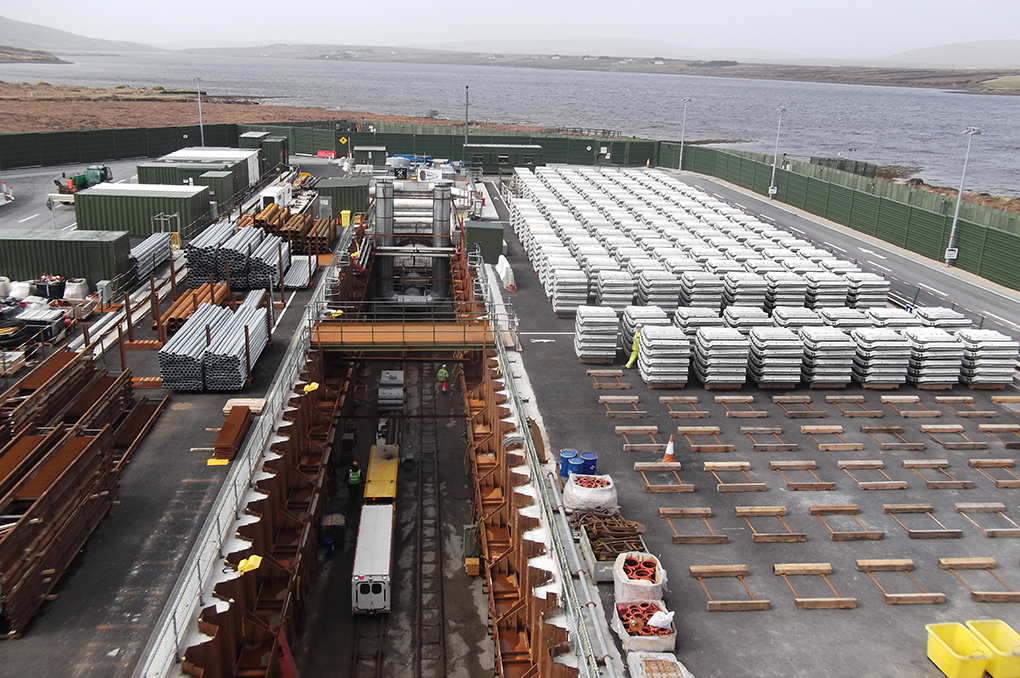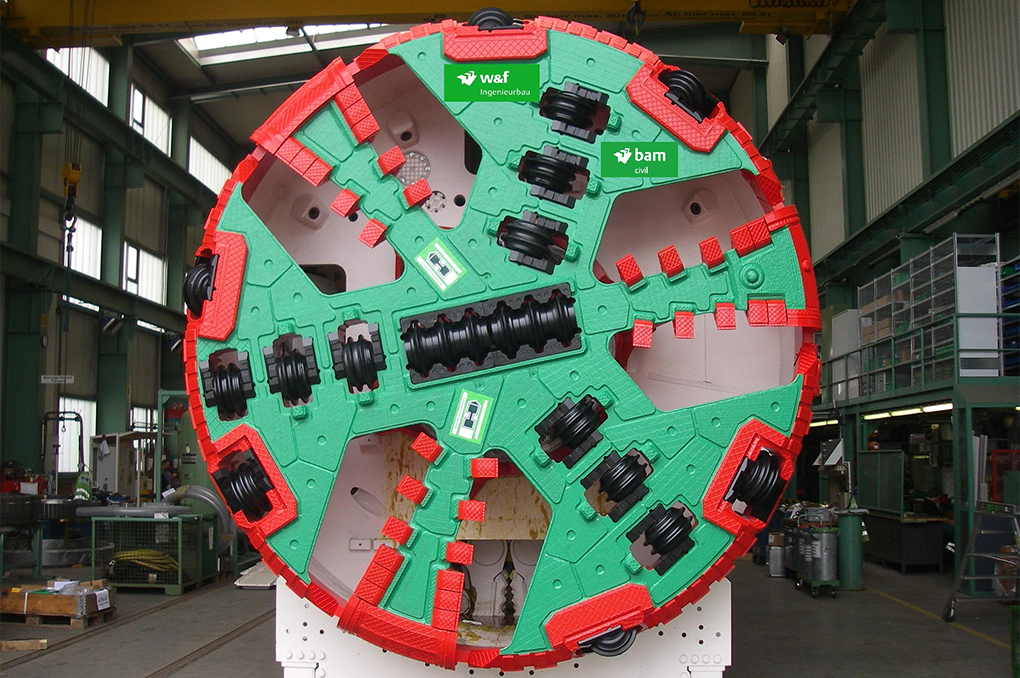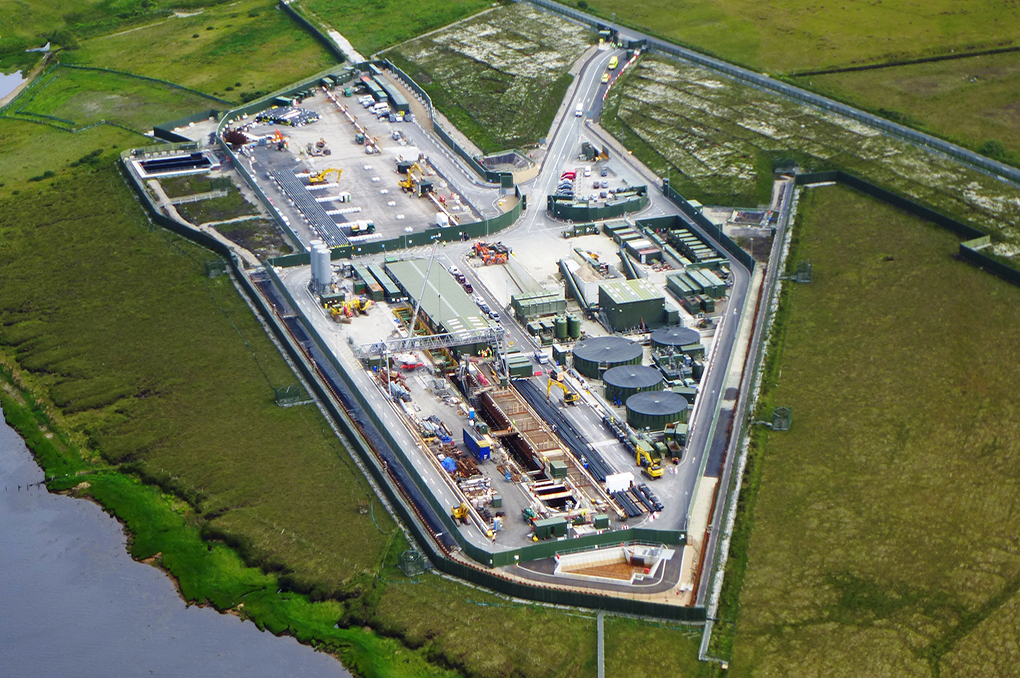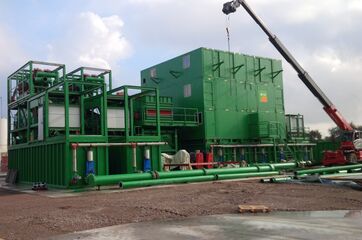In the course of the Tunnelling Awards 2015, the International Tunnelling Association (ITA), with its head office in Geneva, awarded the Corrib Tunnel project the prize for best environmental initiative of the year.
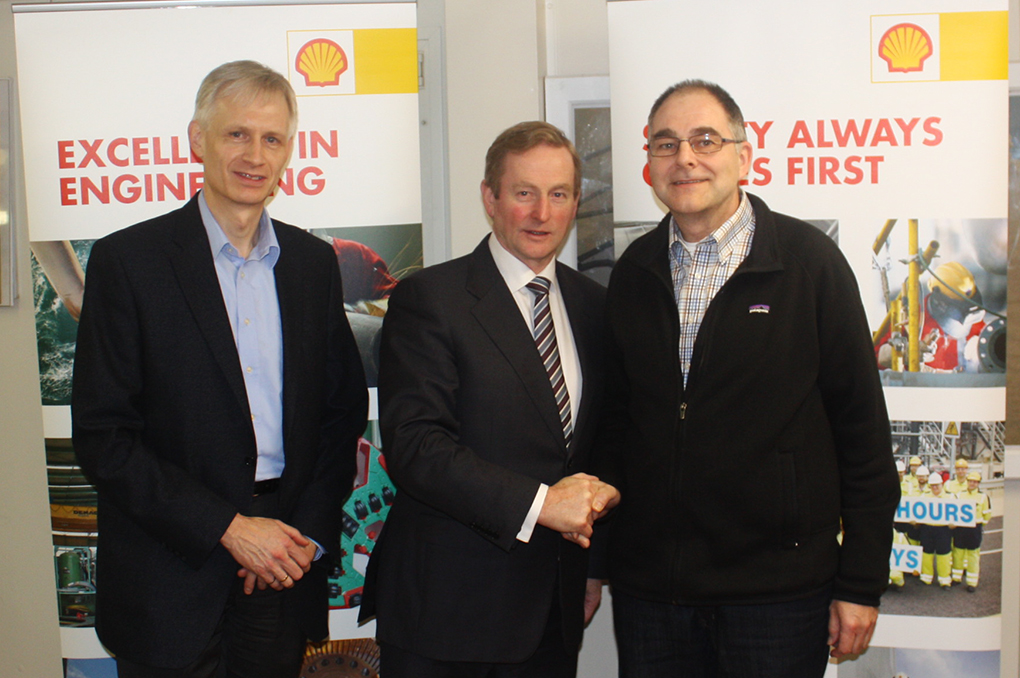
The Irish Prime Minister Taoiseach Enda Kenny (centre) visits the project: „This is a very exciting project“, said Kenny. It comprises high-end engineering and the importance attributed to safety and health is remarkable. The project represents a significant investment in North Mayo and has made a considerable contribution towards promoting the regional economy.“
